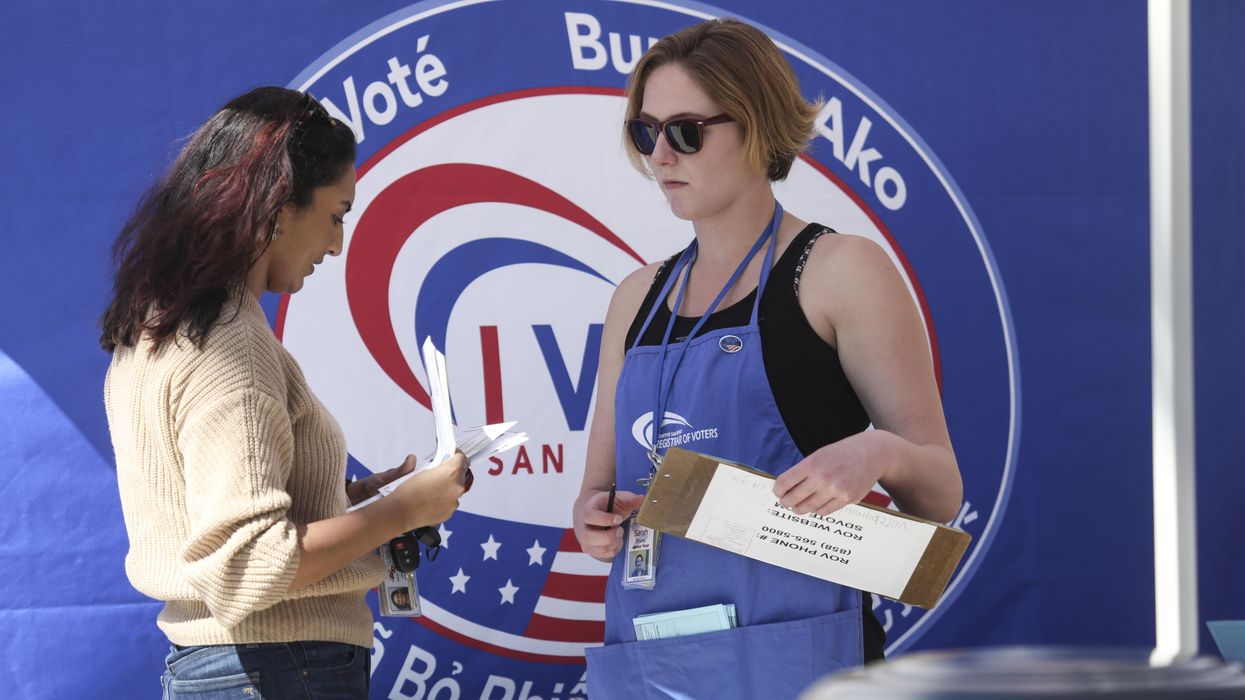Rocco is a freelance writer. A version of this story first appeared on Independent Voter News.
Determining who's footing the bill for political campaigns and has long been a challenge for voters. But the people of San Diego will soon be able to track and analyze the campaign contributions and independent expenditures of local political campaigns with an online dashboard created by a coalition of nonpartisan political reform organizations.
While campaign finance information has long been available to the public, it is hard for a non-tech-savvy individual to make sense of the numerous spreadsheets and PDF files, said Amy Tobia, co-leader of Represent San Diego, a local branch of the national anti-corruption organization. This difficulty effectively prevents the public from accessing the available information.
Hence, the San Diego Campaign Finance Dashboard.
"Without transparency there can be no accountability, and distrust grows," Tobia said.
The dashboard, which currently shows data from the 2020 election, gives anyone easy access to financial information stored in the city's public records. Scheduled to launch this spring, it will display the financial information candidates report as they ramp up their 2022 campaigns. The organizations behind the dashboard are Open San Diego, RepresentUs, League of Women Voters and Common Cause— which together form the Voters' Voice Initiatives.
"The thinking is the more information that voters have on candidates, the better choices they can make," Dominic Gerace, lead user-experience designer on the project, said. For example, there is data comparing donations from sources inside San Diego and beyond the city limits.
The dashboard offers information about campaigns for mayor, city council and city attorney. Users select the office they are interested in and drill down to see information about the candidates for that office. The data includes money raised vs. money spent, donations by group and total number of contributors.
Further plans also include data visualizations that display information about which parts of the county contribute the most in elections, which industries fund campaigns most and where money originates and is spent.
It was developed at minimal expense by a revolving team of volunteer software engineers, data scientists and designers. Voters' Voice hopes the city will eventually take over managing it.
Additional development will make it easy for other cities and states to adapt the platform to their own use. "We want to make sure that they can take what we've built and make it fit their local needs," Gerace said.
The San Diego dashboard is one of only a handful of platforms to provide voters easy access to campaign finance information. Oakland, Calif., Seattle, San Francisco and New York City have similar platforms.



















Trump & Hegseth gave Mark Kelly a huge 2028 gift